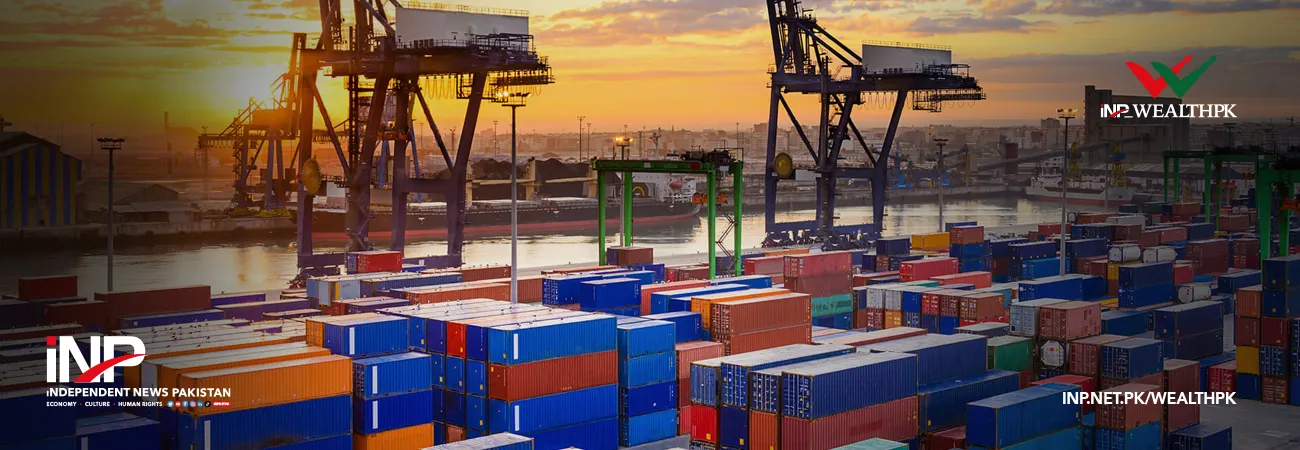INP-WealthPk
Ayesha Saba
Pakistan needs to bolster its road infrastructure to facilitate direct connectivity to seaports, which will boost trade activities and ensure swift economic development. With the majority of global trade carried by sea, ports are critical gateway infrastructure that connect an entire region and its inland transportation network (i.e. road, rails, inland waterways) to the international market. “Currently, most of the Karachi Port traffic passes through the city, causing traffic congestion. Unfortunately, the existing network of motorways and national highways is not connected with Karachi Port Trust (KPT),” said Shariq Amin Farooqui, Manager of Public Relations at KPT, while talking to WealthPK. This lack of connectivity presents significant obstacles to the smooth flow of port traffic. Currently, access to the port is not available around the clock.
“These restricted hours of operation impede the movement of cargo and adversely affects the operational efficiency of the port. Importers, exporters, and logistics providers face difficulties in ensuring timely transportation of goods, which can have an adverse effect on trade activities,” Farooqui said. According to Farooqui, KPT has been actively pursuing the goal of obtaining direct access to the motorways for efficient freight transportation. However, he said, the plans drew a blank due to the lack of collaboration among the local, provincial, and federal organisations. Two circular roads were developed on Jinnah Bridge and the Korangi Road by KPT on its own to address this issue in the port city of Karachi.
“By investing in the improvement of road infrastructure, Pakistan can enhance the competitiveness of its ports by reducing transportation costs, transit times, and congestion,” Farooqui said. “Improved infrastructure would establish efficient connectivity between the ports and various inland destinations, such as industrial zones, markets, and transportation hubs. This, in turn, would attract more international trade and investment, fuelling economic growth,” he said. Pakistan’s major deep seaports such as Karachi Port, account for around 60% of its marine shipments, and have the potential of handling more than 125 million tons of cargo, including 25 million tons of liquid bulk cargo. Gwadar Port, which is currently being developed, has a huge potential to enhance Pakistan’s trade activities.
Credit: INP-WealthPk




